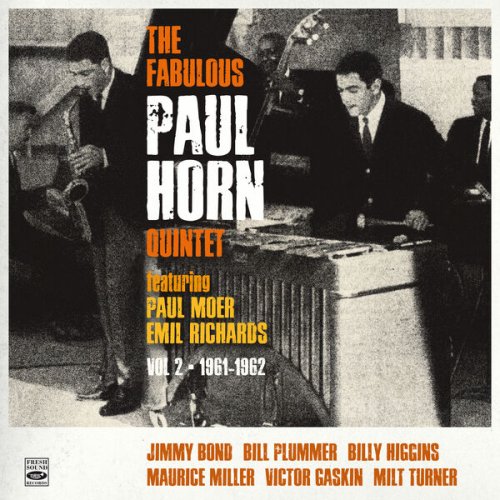Doulce Mémoire, Denis Raisin Dadre - L'état de transe - Laudes et Chants Soufis (2009) [Hi-Res]
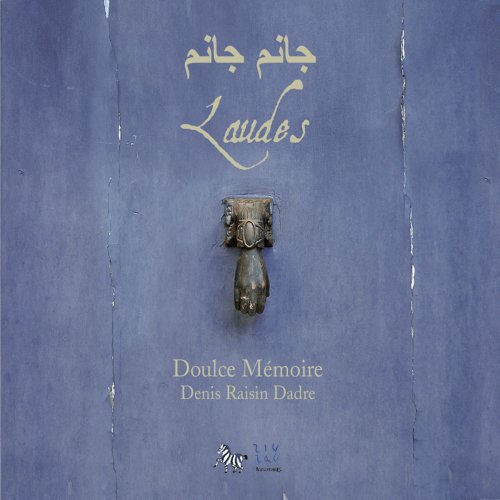
Artist: Doulce Mémoire, Denis Raisin Dadre
Title: L'état de transe - Laudes et Chants Soufis
Year Of Release: 2009
Label: Zig-Zag Territoires
Genre: Classical, World
Quality: flac 24bits - 96.0kHz +Booklet
Total Time: 01:15:18
Total Size: 1.18 gb
WebSite: Album Preview
TracklistTitle: L'état de transe - Laudes et Chants Soufis
Year Of Release: 2009
Label: Zig-Zag Territoires
Genre: Classical, World
Quality: flac 24bits - 96.0kHz +Booklet
Total Time: 01:15:18
Total Size: 1.18 gb
WebSite: Album Preview
01. Djânam, djânam
02. Poiche’l moi largo pianto
03. Con doglia e con pieta
04. Alma che scarca
05. Biâ biâ deldâreman, ey yâreman, ey yâreman
06. Io ti vengo, Giesu, drieto
07. O Pane del ciel
08. Yâ Hou yâ man Hou
09. Al pie del duro sasso
10. Piangi ingrato core
11. Piangete egri mortali
12. Dimmi dolce Maria
13. Cor maligno e pien di fraude
In the margin of official religious institutions, Catholic confraternities and Muslim orders offered a mystical experience. Music played an important role in their rituals, as a way of access to God. Simple, repetitive, haunting, this music sung in groups during processions or devotional meetings was intended to place the assembly in a state of ecstatic trance.
In this recording Denis Raisin Dadre presents a dialogue between the repertory of the 16th-century Italian confraternities and that of the Persian Sufi orders. In both cultures, this music which drives believers into a state of mystical intoxication was disapproved of by the upholders of a certain orthodoxy. For the Church, the fervour produced by such bodily jubilation sometimes came uncomfortably close to a bacchanal!
‘This project, born of an intuition, turned out to be astonishingly self-evident when we realised it. Over and above the cultural differences, these songs have exactly the same aim: to encourage believers to practise a ritual that will allow them to stand outside themselves, so as to understand become aware of what lies beyond their understanding. It was this universality of the rites that so fascinated us.’ Denis Raisin Dadre

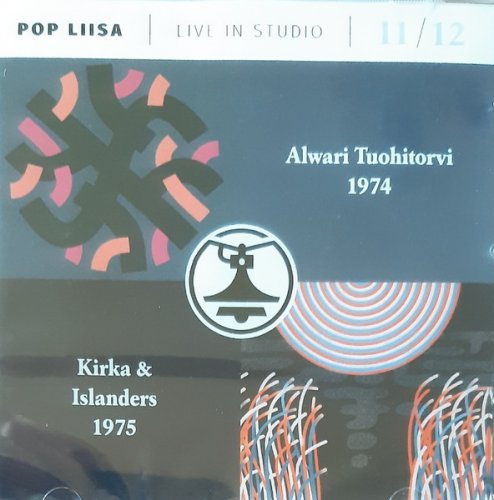
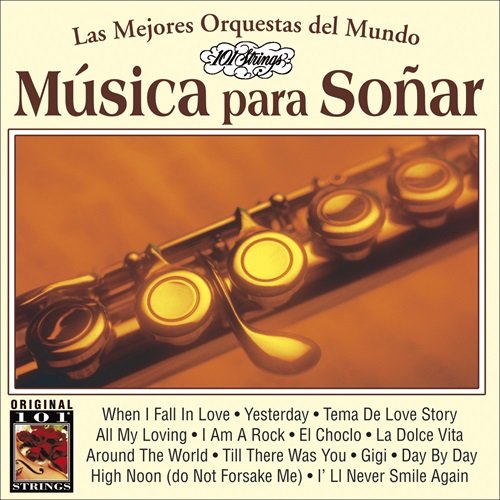
![Yannick Peeters, Frans van Isacker, Frederik Leroux & Tom Rainey - Smalltalk Code (2026) [Hi-Res] Yannick Peeters, Frans van Isacker, Frederik Leroux & Tom Rainey - Smalltalk Code (2026) [Hi-Res]](https://www.dibpic.com/uploads/posts/2026-02/1772112309_byqbmx6vl2tua_600.jpg)
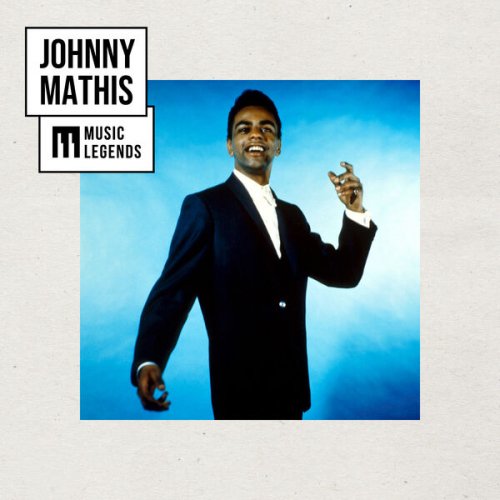
![Jeremy Pelt - Our Community Will Not Be Erased (2026) [Hi-Res] Jeremy Pelt - Our Community Will Not Be Erased (2026) [Hi-Res]](https://www.dibpic.com/uploads/posts/2026-02/1771945030_folder.jpg)

![Whatever Happens Don't Be Yourself! - Tales of No Consequence (2026) [Hi-Res] Whatever Happens Don't Be Yourself! - Tales of No Consequence (2026) [Hi-Res]](https://img.israbox.com/img/2026-02/27/6usdiy5oinb96d1lfeldes4eg.jpg)
